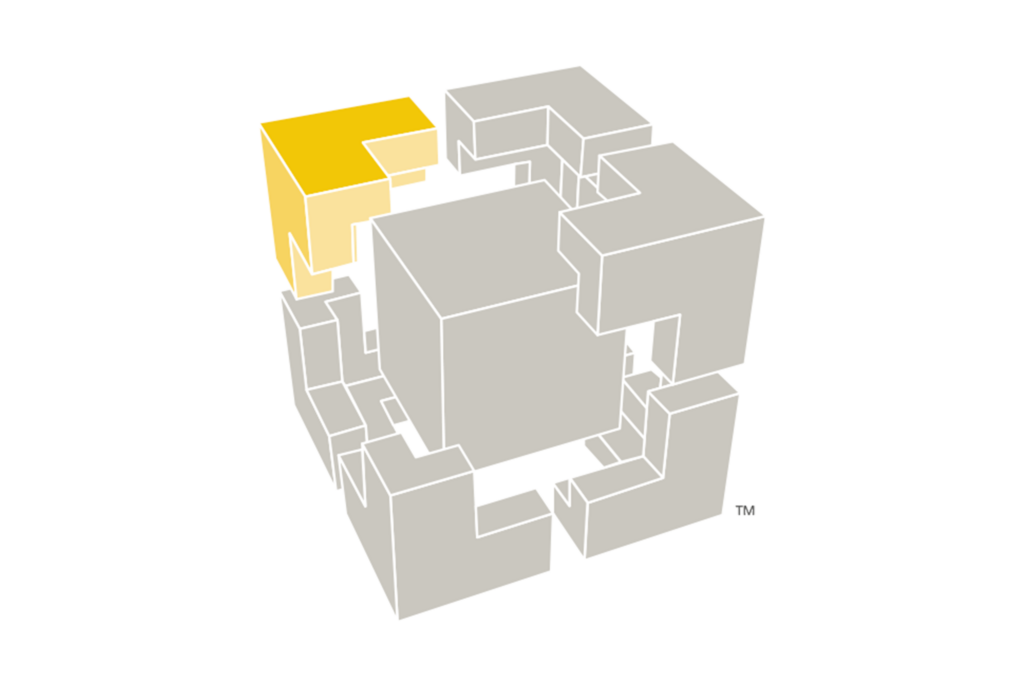What is it?
Seeking out varied information; using information to generate new ideas and make effective plans for improvement or change; making evidence-based decisions that respect different perspectives and meet the needs of all service users.
Why is it important?
Leaders are open and alert to information, investigating what is happening now so that they can think in an informed way about how to develop proposals for improvement.

What it is not:
- Failing to look beyond the obvious
- Collecting data without using it
- Thinking only about your own measures or experience
- Reluctance to look for better ways of doing things
- Ignoring problems by ignoring data
- Using research as a weapon
Essential
Gathering data:
- Do I collect feedback from service users?
- Do I collect and record the essential data for my area of work accurately and on time?
- Am I regularly thinking about ways to do my job more effectively?
- Can I see patterns that help me to do things better, more efficiently or with less waste?
Proficient
Scanning widely:
- Do I look outside my area of work for information and ideas that could bring about continuous improvement?
- Do I establish ongoing methods for measuring performance to gain a detailed understanding of what is happening?
- Do I spot future opportunities and risks, and test resulting plans with external stakeholders to improve them?
Strong
Thinking creatively:
- Do I conduct thorough analyses of data over time and compare outcomes and trends to relevant benchmarks?
- Do I see the relevance of seemingly unrelated ideas which could be made useful in my area of work?
- Do I creatively apply fresh approaches to improve current ways of working?
Exemplary
Developing new concepts:
- Do I develop strategies based on new concepts, insights, or perceptive analysis?
- Do I create improved pathways, systems or processes through insights that are not obvious to others?
- Do I carry out, or encourage, research to understand the root causes of issues?